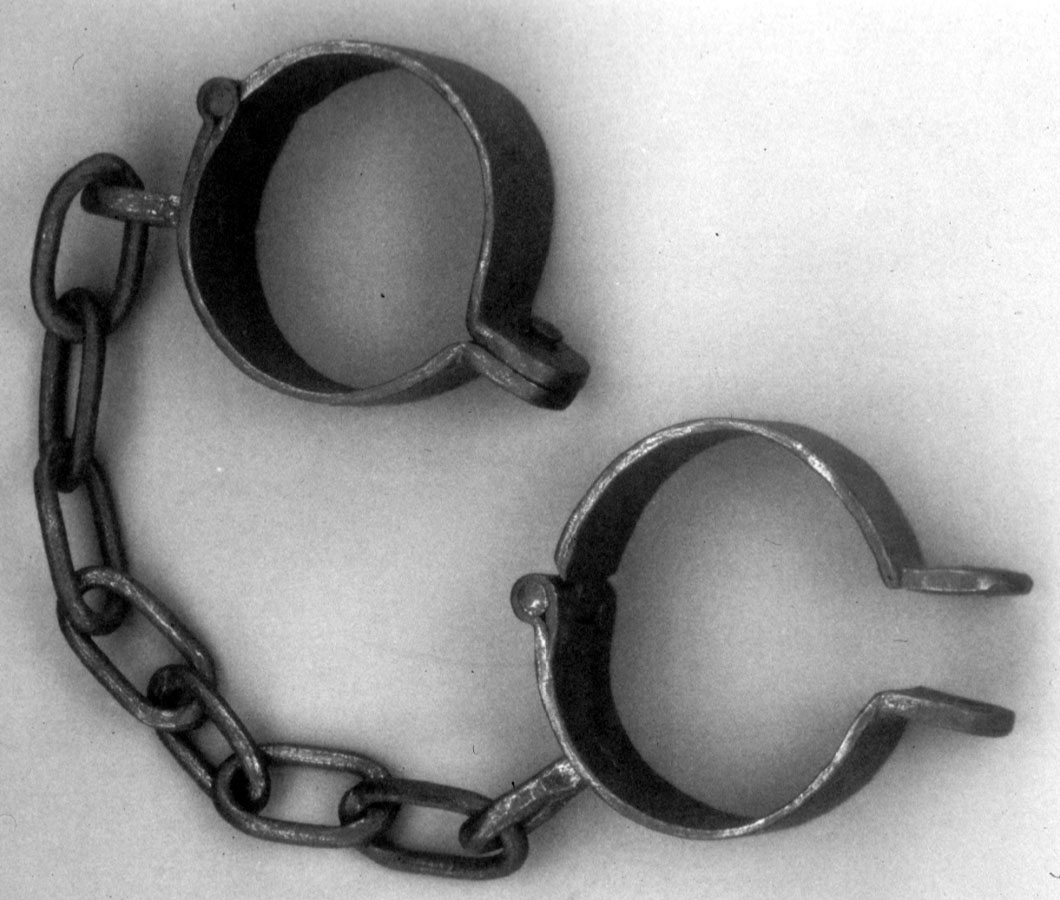
Tonight the author attended a gathering at the Allen Chapel AME Church in Sanford, Florida. The following is an excerpt of her remarks:
As we learn more about the tragic shooting death of Trayvon Martin, concerns are being raised about the manner, thoroughness and neutrality of the investigation by the police in Sanford, Florida.
The concern is justified.
To understand it, it helps to know how we got here. Not the events of Feb. 26, which ended in Trayvon’s death, but a sad history in Florida where justice for all has been illusive – and justice for some impossible. Too often, crimes with clear, undeniable racial motives were swept under the rug or overlooked while families and communities waited in vain for justice. So, when Sanford Police Chief Bill Lee, the person in charge of the investigation, tells a reporter “the investigation is color blind,” there is reason to be concerned.
Justice is supposed to be blind. Investigators should not be.
Any real investigation worthy of a professional law enforcement agency must consider the facts. And if racial biases or stereotypes played a part in what happened on Feb. 26, that’s a fact.
Communities of color and disadvantage know too well that some people who say they are color blind really mean they only see in one direction – conveniently overlooking how race and attitudes about race affect so many things. There’s a big difference between not seeing race and seeing what you want to see. When Lee says he’s being color blind, it’s time to bring in outside eyes.
It’s welcome news that federal, state and local law enforcement and a grand jury are looking over the shoulder of the police. Their inquiries need to be as much about the killing of Trayvon as the official response, including any departures from standard procedure in a homicide, and the professionalism and possible biases of Sanford police.
Justice demands at least that much.
Just as troubling, by announcing there is no evidence to dispute shooter George Zimmerman’s account that he was acting in self-defense, it appears Lee may have already made up his mind. If Lee has indeed finished his assessment, he must tell us what led to his conclusion. Lee needs to explain how a man armed with a gun and weighing about 80 pounds more than an unarmed teenager came to fear for his life – so much so that it was necessary to shoot and kill Trayvon in order to protect himself.
And if authorities are still investigating Trayvon’s killing, Sandford Police Chief Lee should stop commenting on the case. Announcing conclusions before all the questions are answered, at a minimum, is premature and superficial. Telling part of the story – making conclusions in public – isn’t answering questions, it’s raising them.
All the questions raised by this tragic shooting must be answered: fairly, accurately, and with justice in mind.
